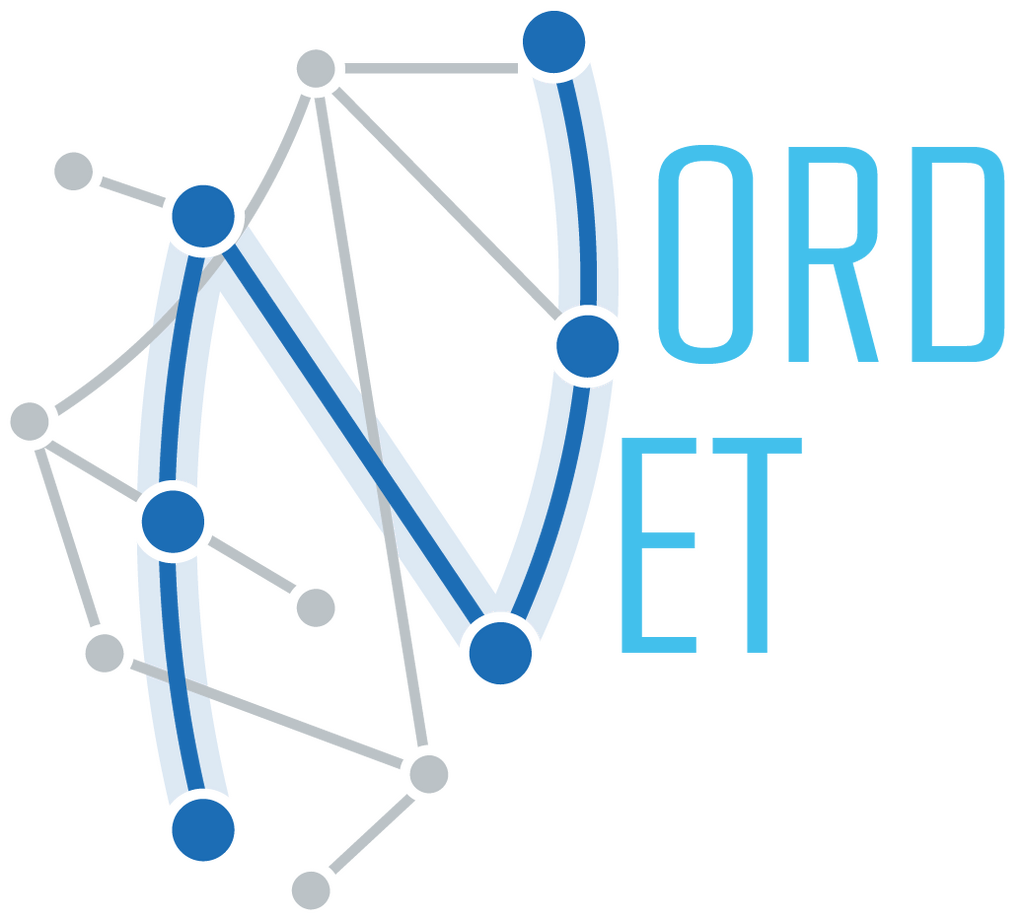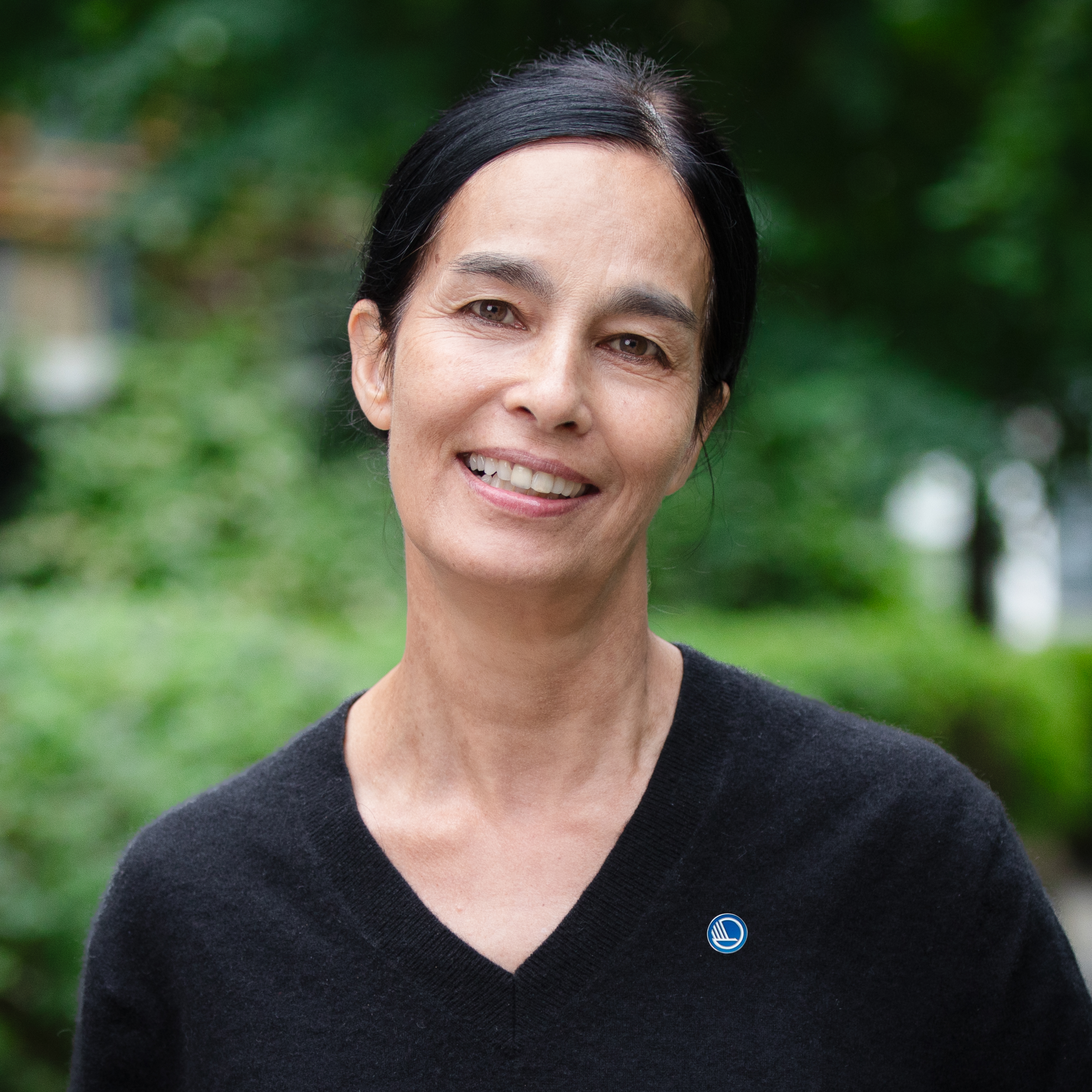
About NordNET
The NordNET project focuses on energy transition, transport modeling, energy market modeling, and the coupling thereof. It brings together world-class education and research groups from higher education institutions from Denmark…
The NordNET project focuses on energy transition, transport modeling, energy market modeling, and the coupling thereof. It brings together world-class education and research groups from higher education institutions from Denmark, Finland, Norway, and Sweden working on these topics. The added value from the network is the interaction of topic experts leading to the creation of more knowledge valuable to all societies. The project team brings together interdisciplinary experience from energy sector modeling, energy system modeling, transport modeling, electrical engineering, and economics. The overarching common ground is the goal to support the efficient implementation of an energy system change given the need for a transition in light of the climate crisis we are currently facing.

Whereas every single country involved in this project is specific in terms of energy consumption, energy mix, and endowment with natural resources, they all share the vision of a net-zero economy. The network will provide the knowledge required to address the challenges related to how a zero-emission objective can be accomplished in each sector and across sectors. Feasible zero-emission transport is closely linked to electricity generation purely based on renewable energy sources. For a successful energy transition, guiding policy is often supportive and accelerating. The network will join forces to develop interdisciplinary research for guidance in policymaking.
The project establishes meeting grounds for Ph.D. students and leading researchers and lecturers within the field of energy markets and transport modeling. This is accomplished by organizing joint research seminars (workshops) and PhD student and researcher exchanges. The workshops are open to all Nordic research institutions and also include industry partners.
The work is strongly linked to the Copenhagen School for Energy Infrastructure (CSEI) at CBS, the FME Norwegian Centre for Energy Transition Strategies (NTRANS), and NTNU Energy Transition Strategies.

